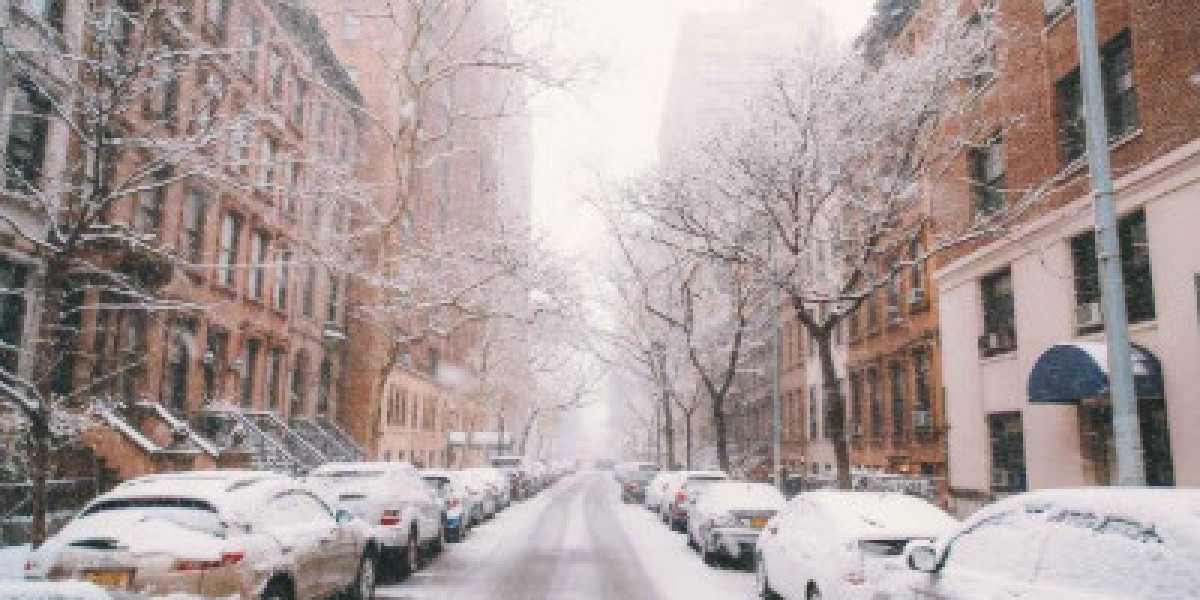Navigating the rental market in New York City comes with a lot of responsibilities one of the most important being the legal requirement to provide adequate heat and hot water. The so-called New York heating law spells out clear standards for landlords, and strong protections for tenants. Whether you’re renting, managing, or owning property, knowing the rules can help you avoid disputes, ensure comfort, and remain compliant.
What the Law Requires
In New York City, laws enforce mandatory standards for heating and hot water during the “heat season” and beyond.
Heat Season: From October 1 through May 31, landlords must ensure that apartments meet specific indoor temperature thresholds.
Between 6 a.m. and 10 p.m., if the outside temperature falls below 55 °F, the inside temperature must be at least 68 °F.
Between 10 p.m. and 6 a.m., regardless of how cold it is outside, indoor temperature must be at least 62 °F.
Hot Water Requirements:
Hot water must be provided year-round, every day of the year.
The minimum hot water temperature is 120 °F (in some regulated units it's slightly different).
These are not optional they’re minimum standards for habitability.
Why These Standards Matter
For tenants, failing to receive required heat or hot water can mean living in conditions that are uncomfortable, unsafe, or even hazardous. For landlords and building owners, noncompliance can lead to violations, fines, and legal action. New York’s laws treat heating and hot water as essential services, not luxuries.
Landlord Obligations: What You Must Do
If you’re a landlord in NYC, you must do the following:
Ensure that the heating system is functional before the season begins and remains operational throughout.
Maintain indoor temperatures as required during the heat season (68°F day / 62°F night).
Provide hot water at least 120°F year-round.
Respond promptly to tenant complaints about inadequate heat or hot water.
Be prepared for inspections by the city’s housing department (New York City Department of Housing Preservation & Development or HPD). If a violation is found, you may face immediate repair orders and fines.
It’s essential to check your building equipment, make repairs in advance of the season, and keep documentation on file in case of disputes.
Tenant Rights: What You Can Do
If you’re renting in NYC and your apartment lacks adequate heat or hot water:
Notify your landlord in writing (email or certified letter) about the issue.
Document the condition: Take photographs of your thermostat, record the temperature, list dates and times.
If your landlord fails to act, you can file a complaint with HPD by calling 311 or using their online portal.
If you live in a rent-regulated unit and the heat/hot water issue persists, you may apply to the New York State Division of Housing and Community Renewal (DHCR) for rent reduction.
You may use the lack of required heat or hot water as a defense if eviction proceedings are initiated against you.
Never withhold rent unless you have consulted a lawyer or tenant rights group doing so without following proper procedure can put you at risk.
Being aware of your rights gives you leverage and helps ensure that your living conditions remain safe and comfortable.
Common Questions & Clarifications
Do I ever pay for the heat?
That depends. In many older NYC buildings, heat and hot water are included in the rent. But in newer buildings with individual heating units or metered systems, tenants may be responsible for utility bills. Regardless, the landlord is still legally required to provide adequate heat or a functioning system.
What if the landlord is unresponsive?
You can file a complaint with HPD (via 311), apply for rent reduction (if eligible), and in some cases pursue legal action. Violations may result in emergency repairs ordered by the city and costs billed to the landlord.
Why Both Parties Should Care
Landlords need to keep buildings in compliance to avoid fines, lawsuits, and damage to reputation. A heating shutdown can quickly turn into an emergency repair order from the city often costly.
Tenants benefit by knowing that legal standards exist and are enforceable. You’re entitled to a habitable home, and heat/hot water are core to that. Being informed lets you assert your rights responsibly.
Good communication between landlord and tenant especially before and during the heat season can prevent many disputes.
Practical Tips for Landlords & Tenants
Landlords:
Service your boiler or central heating system before October 1.
Test thermostat settings and individual units.
Keep logs of maintenance and repairs.
Act quickly on tenant complaints delays increase risk of violations.
Consider sending reminders to tenants about what the law requires and how to report issues.
Tenants:
Know your lease, and whether utilities/heating are included.
Monitor indoor temperature during the heat season and record any violations.
When inside temperature falls below minimums and landlord doesn’t act, document and file a complaint.
Use space heaters only as a last resort and never as a substitute for the landlord’s heating obligations (space heaters may be unsafe or non-compliant).
Keep copies of all communication with your landlord about the heating issue.
The New York heating law sets clear boundaries and expectations: during the colder months, tenants deserve a warm, safe home; landlords must supply it. Understanding the rules what temperatures must be met, when the season starts and ends, and what to do when standards are violated empowers you to act.






